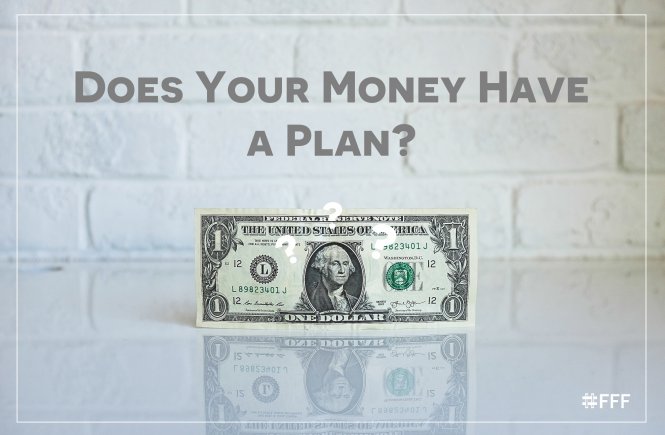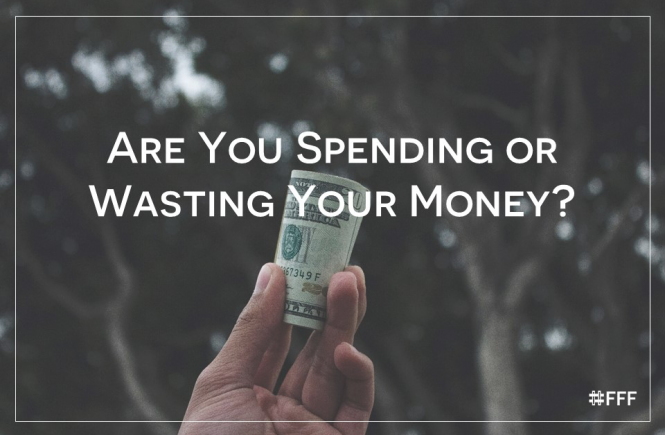We plan our future, we plan what to wear, we plan what to cook. We can make plans for everything to make sure we are on track, save time or just because we think that it’s fun. Do we also have a plan for our money? I mentioned last week that without a plan anything can happen and this can be exciting while living our life, but it is not so exciting when it comes to our money.
If we don’t plan our money it can end up in someone else’s pocket without even realizing, usually big corporations. This is because without a plan we more easily lose control and without control the money go in places you maybe don’t want them to if you had a second chance to chose. Typical situations where we pay more than we have to:
- Buying the same thing for a higher price – This can happen with almost everything from groceries to furniture. If we’re smart with our money and invest a bit of time in investigating we can keep more money in our own pockets.
- Not paying bills on time – Not keeping track on our finances can result in expensive late payment fees, money spent for literally nothing.
- Booking late – If we don’t plan our trips in advance or keep track on low seasons, discounts and so we can pay a lot more money for the same thing.
- Buy without use – This is a very common way to lose our money in the materialistic world we are living. Most of us have a few to a lot of things in our homes that we bought, maybe used once or twice, and now it’s just there. On top of that we also have to engage in either getting rid of it or store it.
Let’s Do an Exercise!
Let’s see how much lost money we have lying around in our homes.
- Choose one room or your wardrobe.
- Collect all the things/clothes that you don’t really use or would be fine without.
- Make an estimation of how much each thing/piece of clothes is worth and calculate the total.
How do you feel about the result? Do you have good control over your money or should you think twice when you go shopping in the future? What would you have done with that money instead?
Having a plan for your money will prevent you from falling into these traps that sends your money straight to someone else’s pocket without much in return. A plan can either help you to waste less money or make your savings more efficient. In two weeks you can read more about how to make your own money plan and until then I want you to reflect over a few things:
- How well do I control my money?
- Try to do the exercise over a bigger part of your home.
- Do I see a pattern of the things I collected during the exercise? Where am I more likely to lose control over my spending?
- What would it mean to me to control my money?
- What do I want to achieve with my money plan?
Identify why you would like to try planning your money and how you can benefit from it. After all, money is a great tool to open up new opportunities and enjoy life more, but we need to have the money in order to do it.




